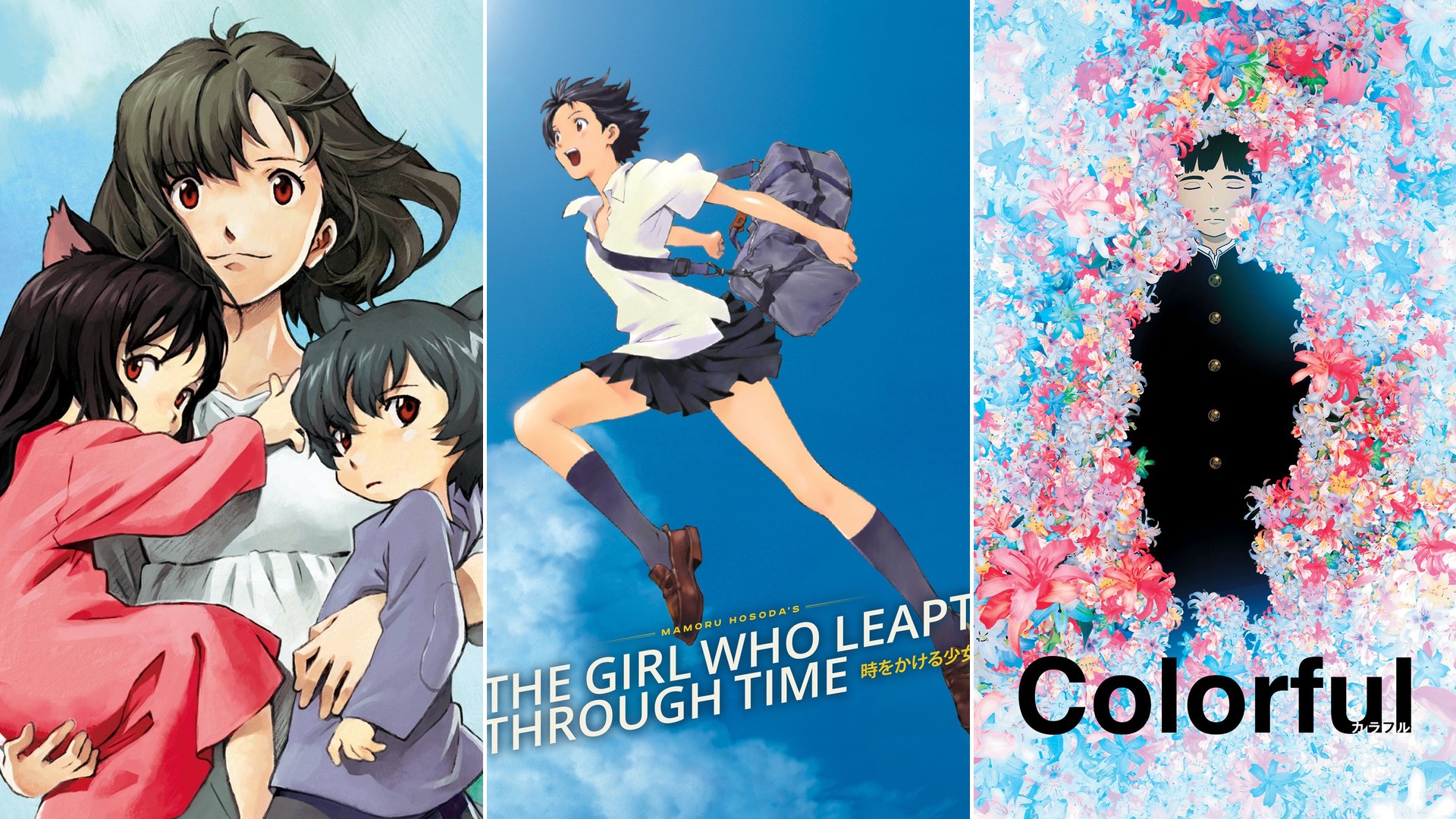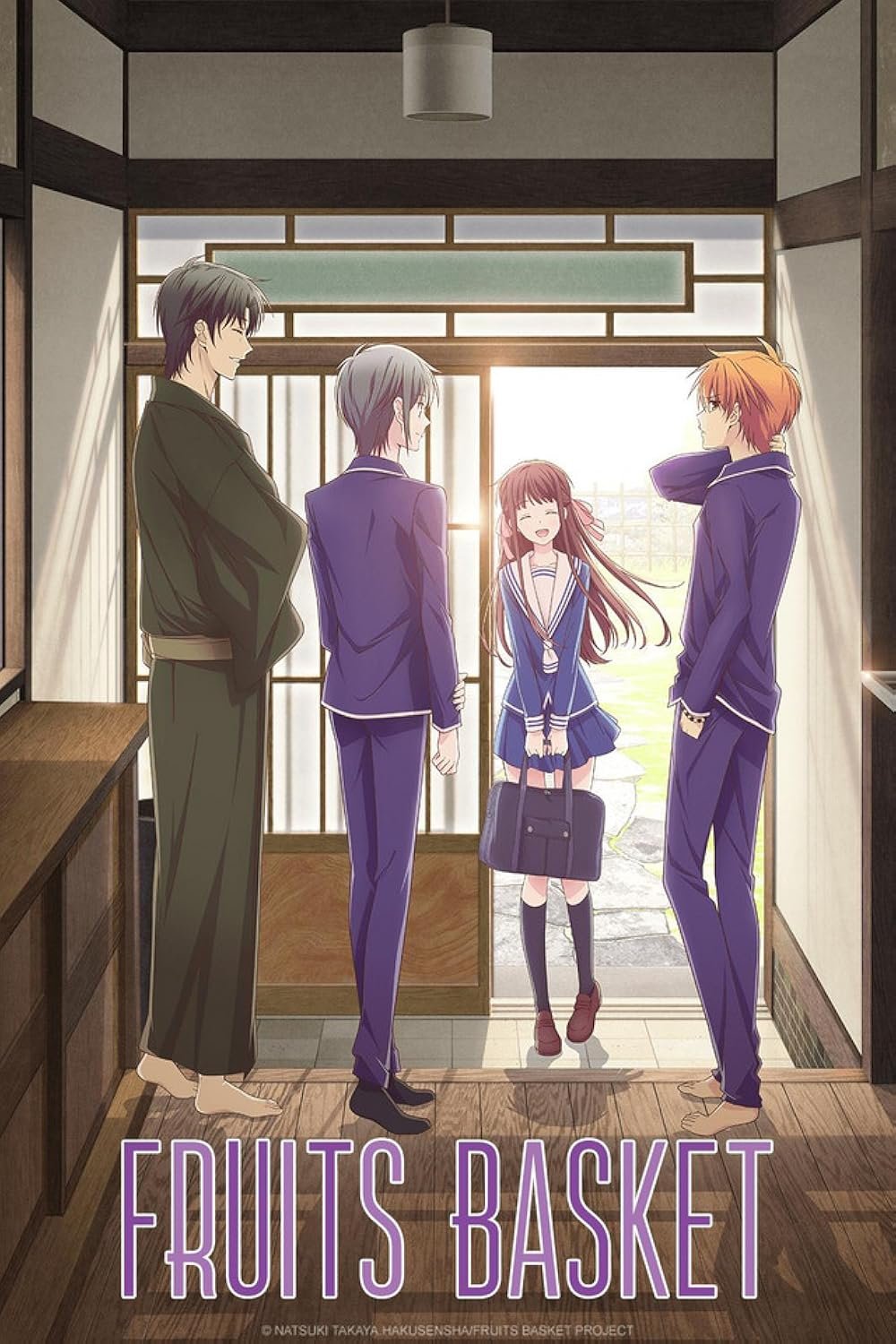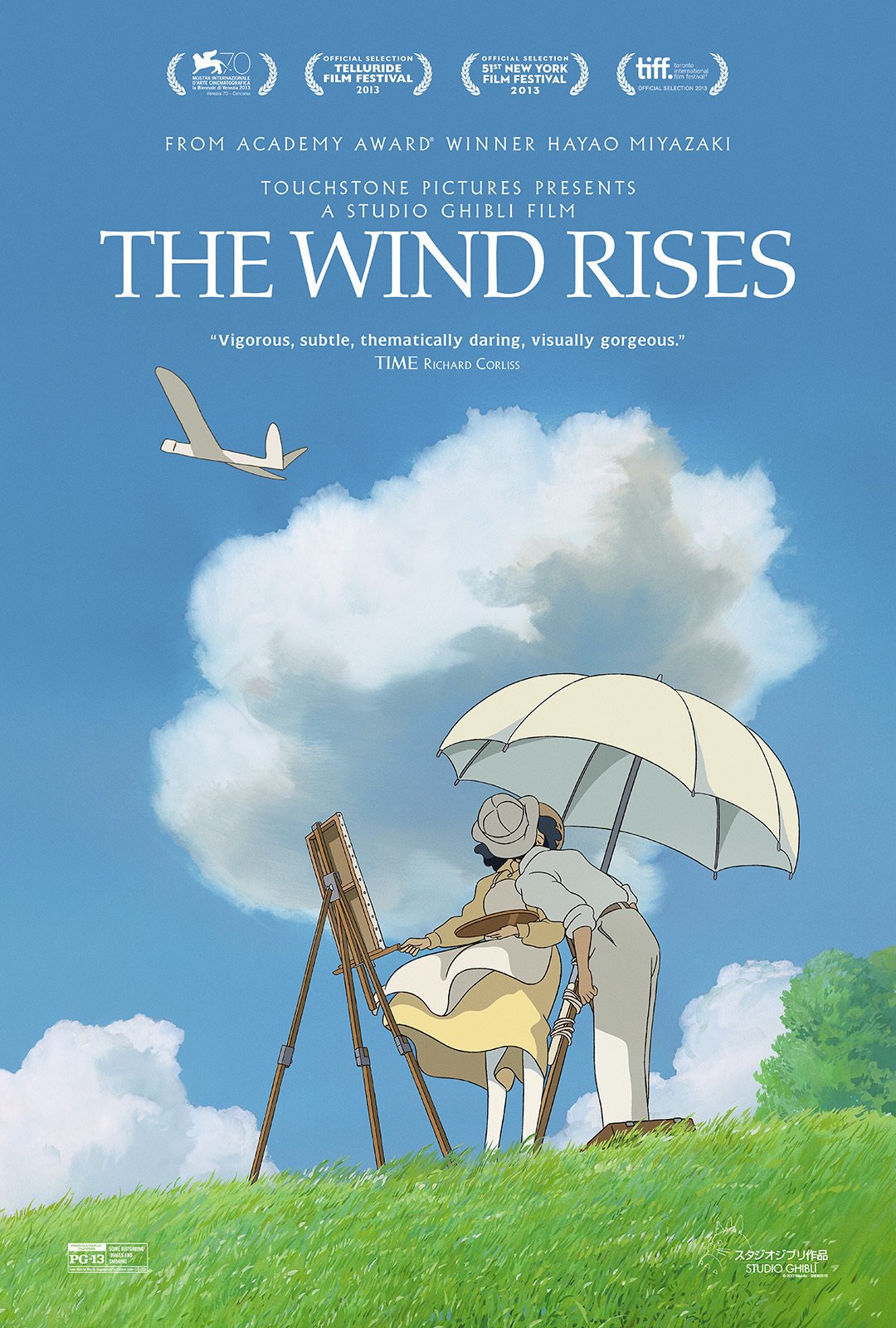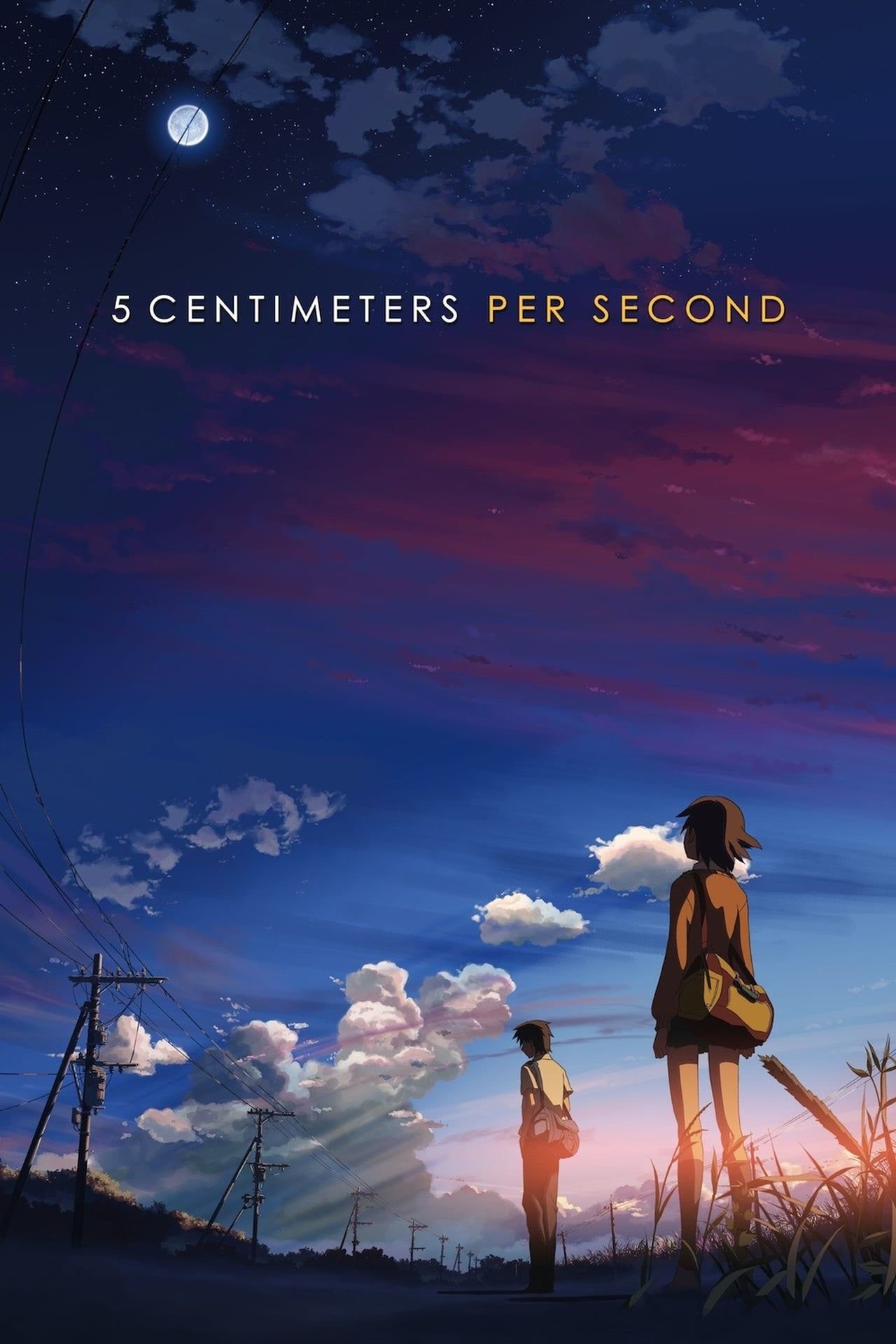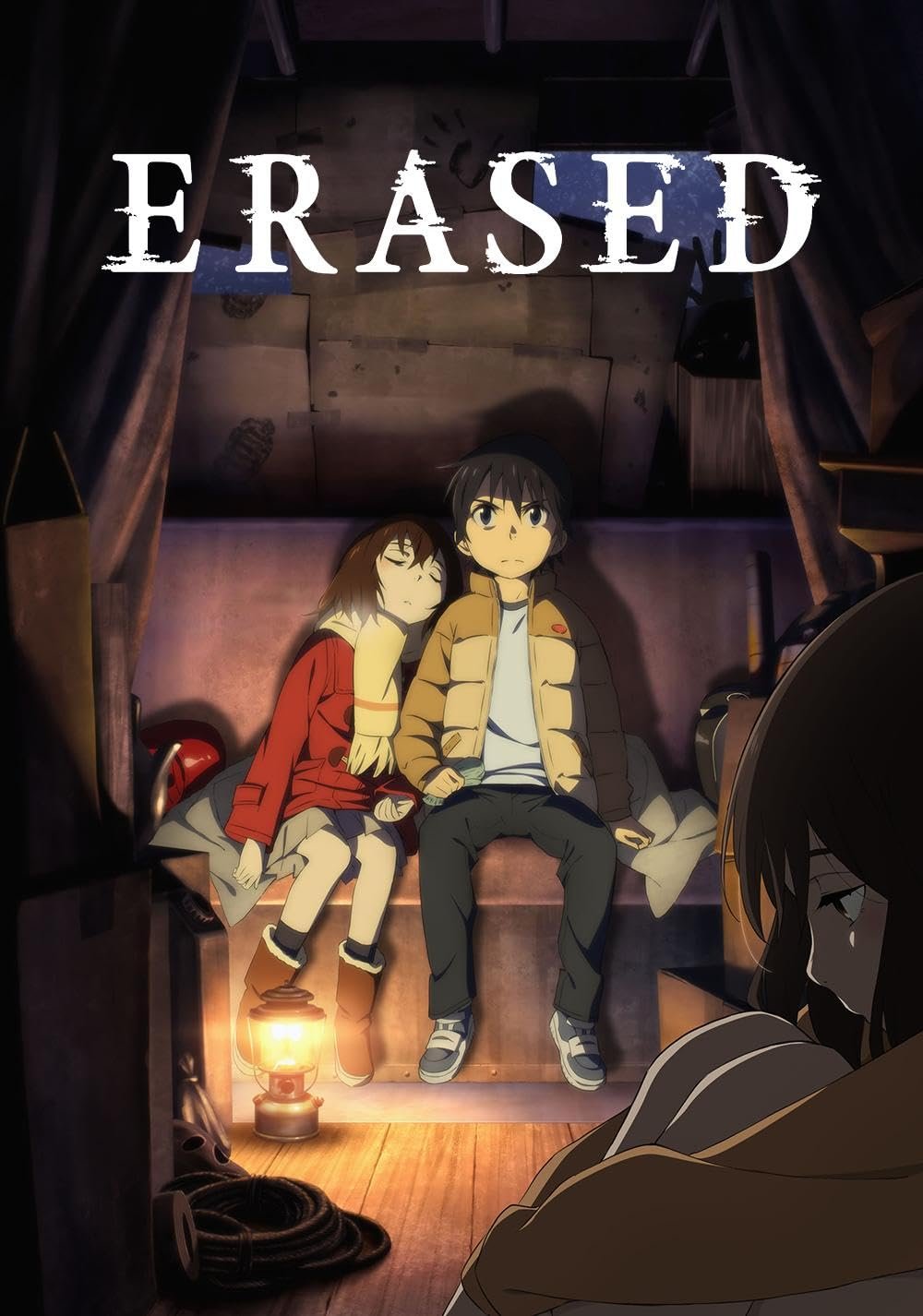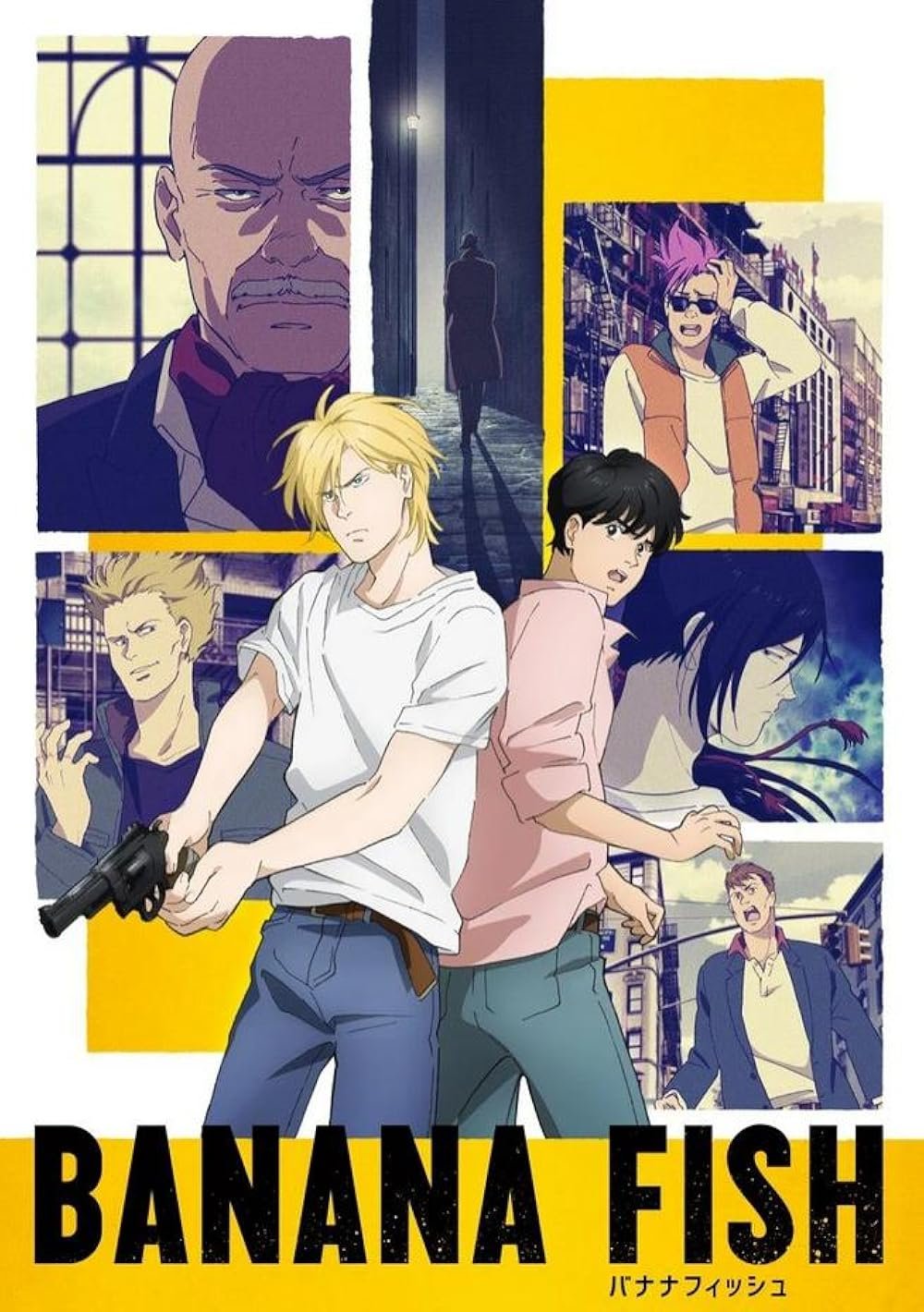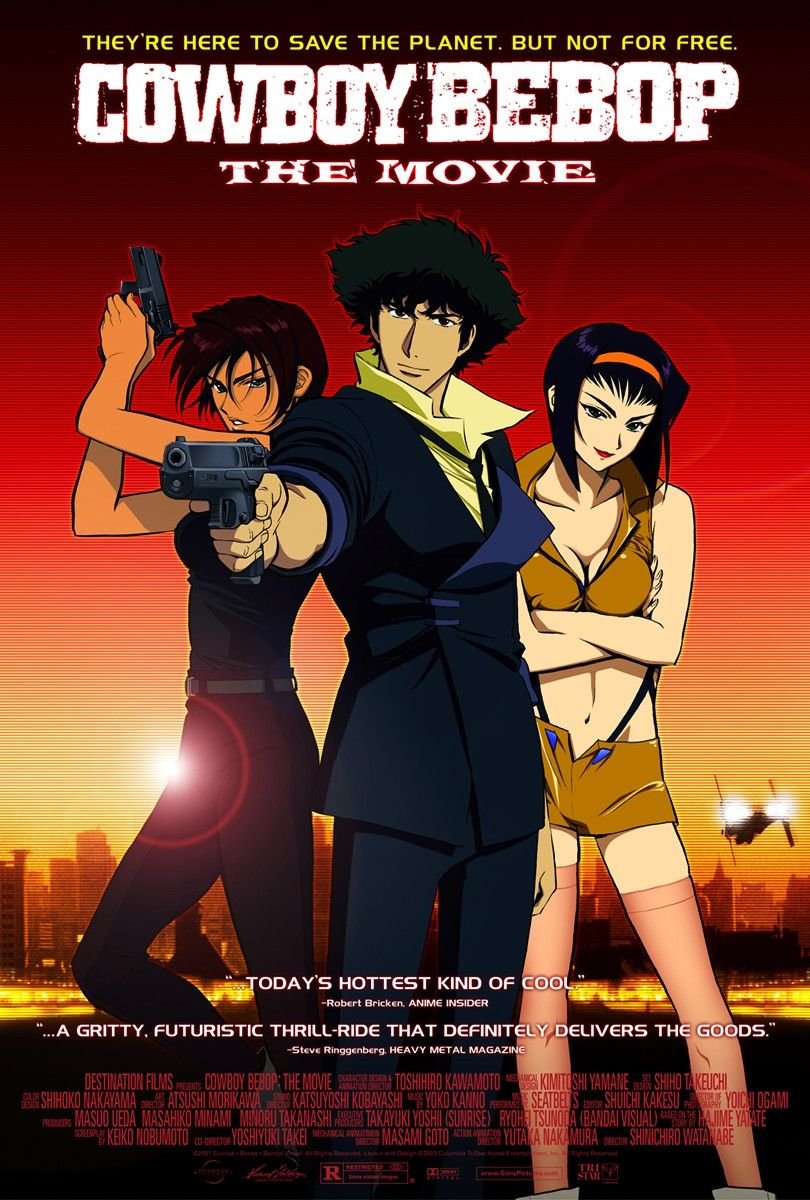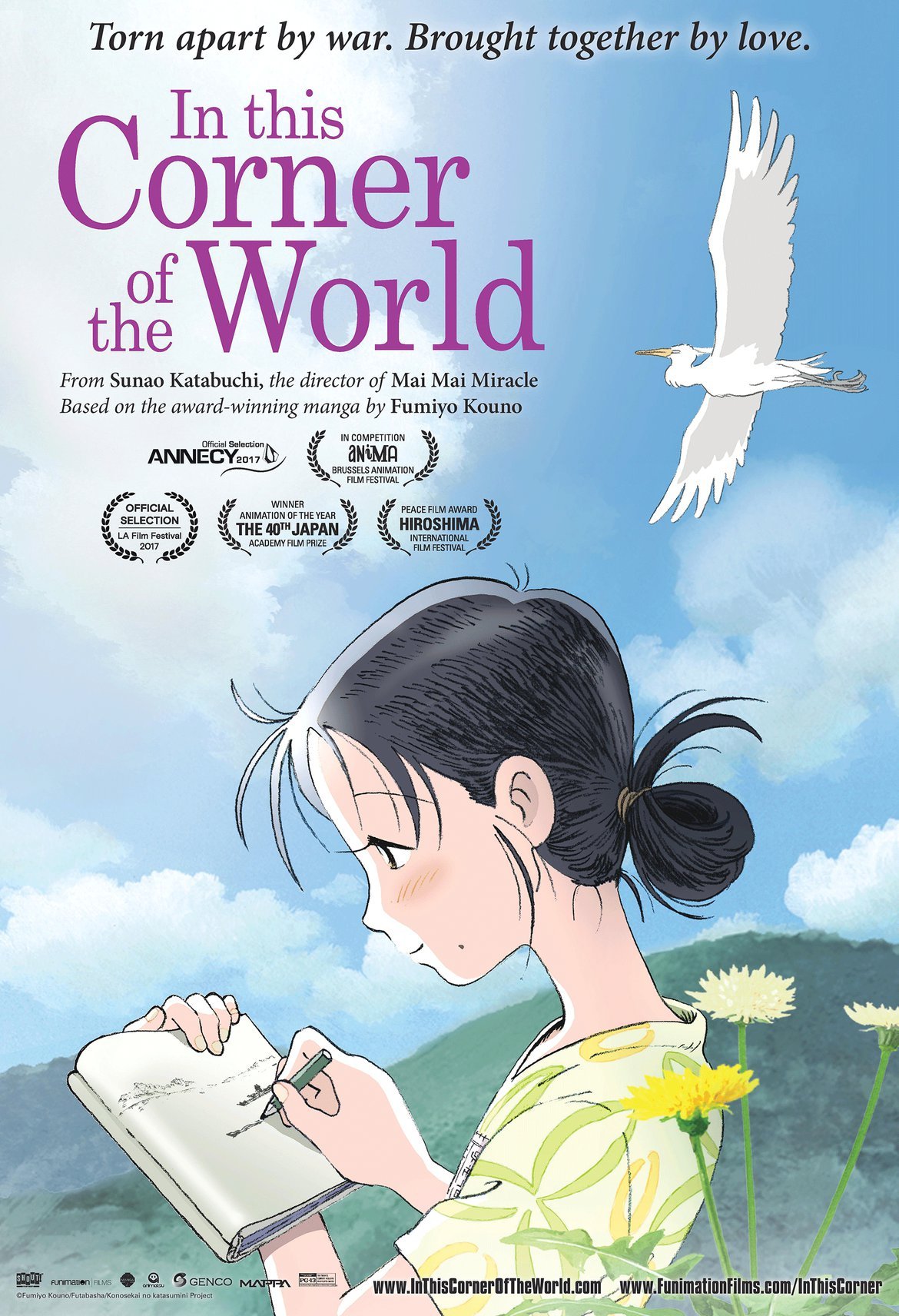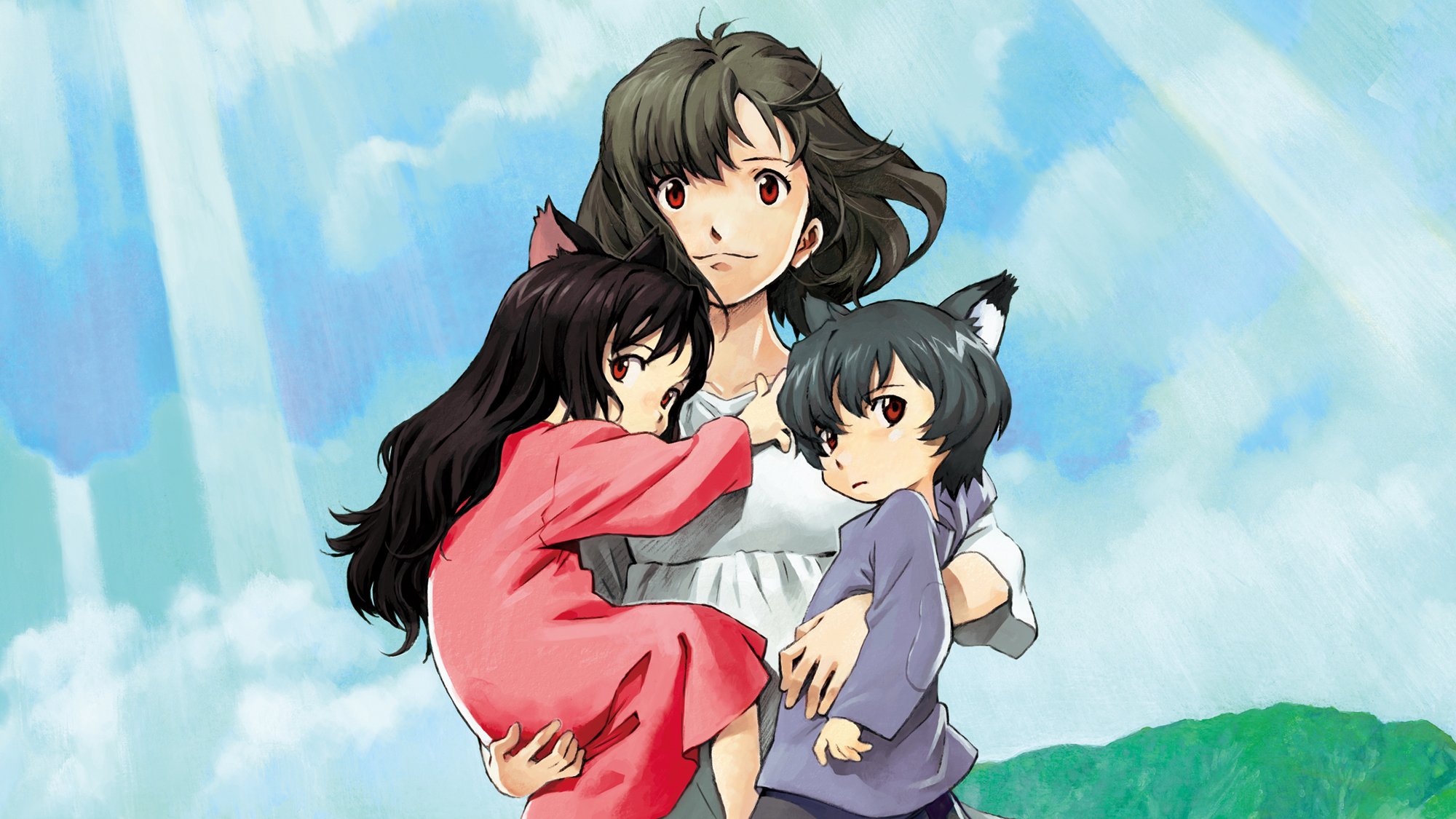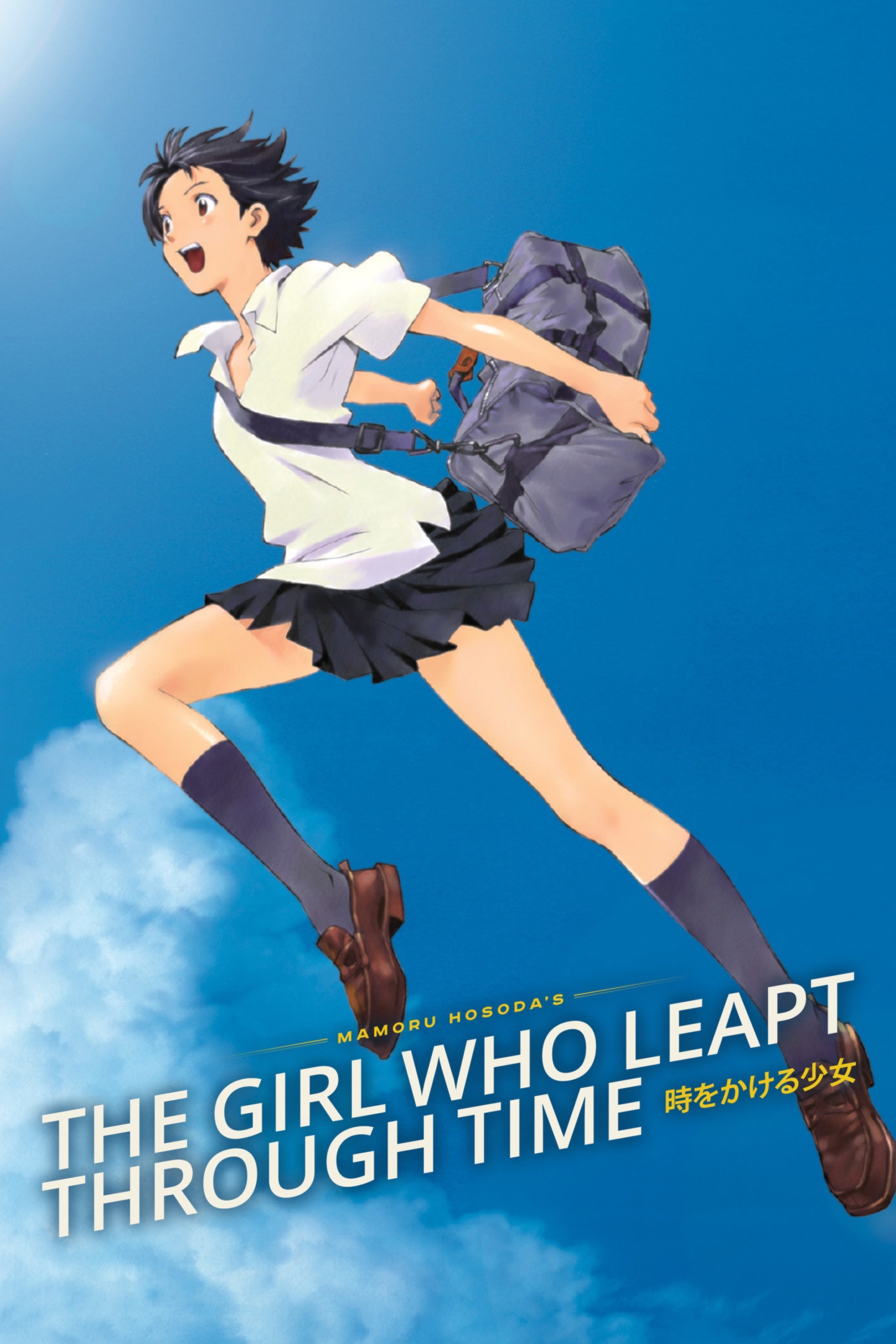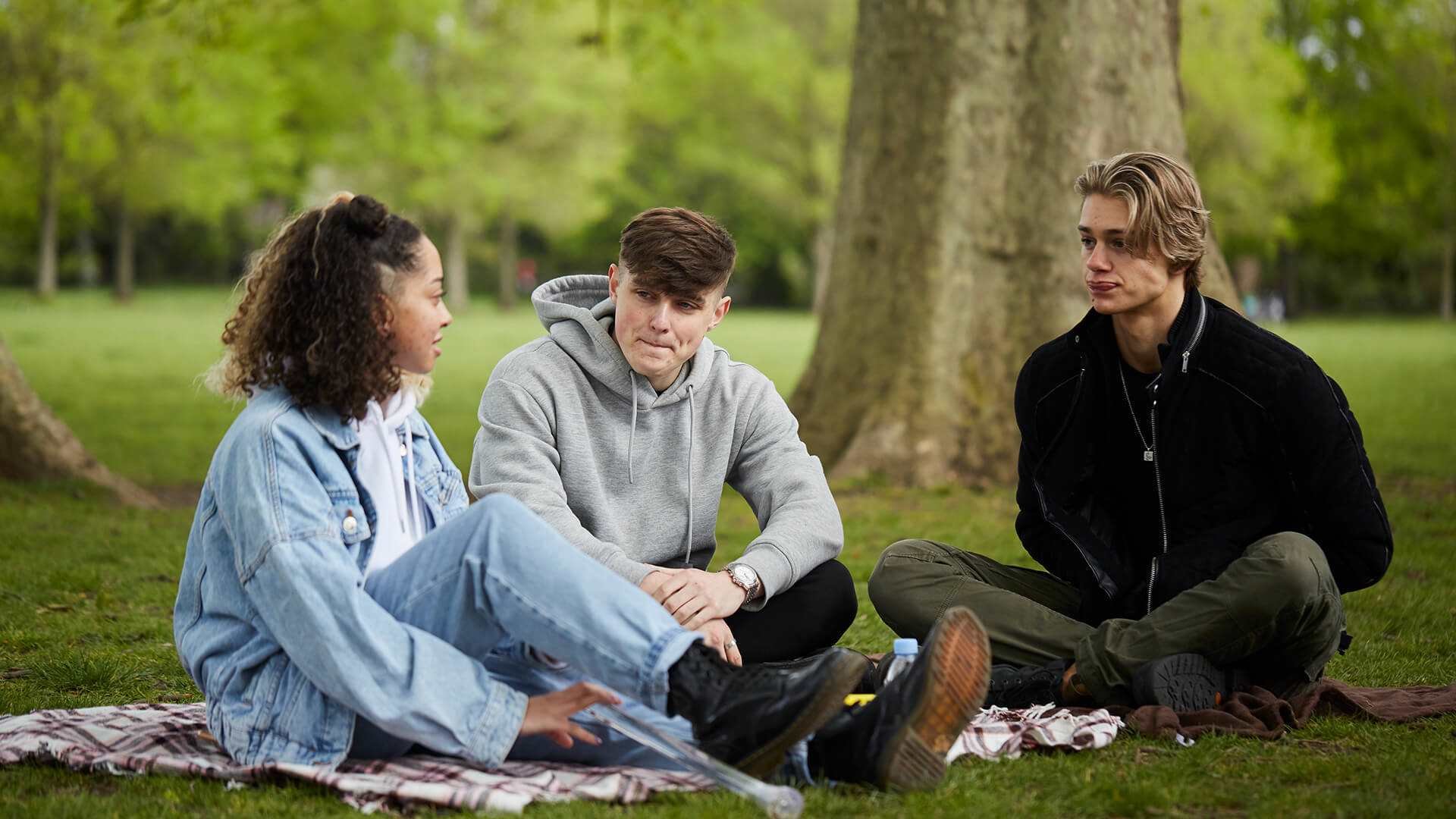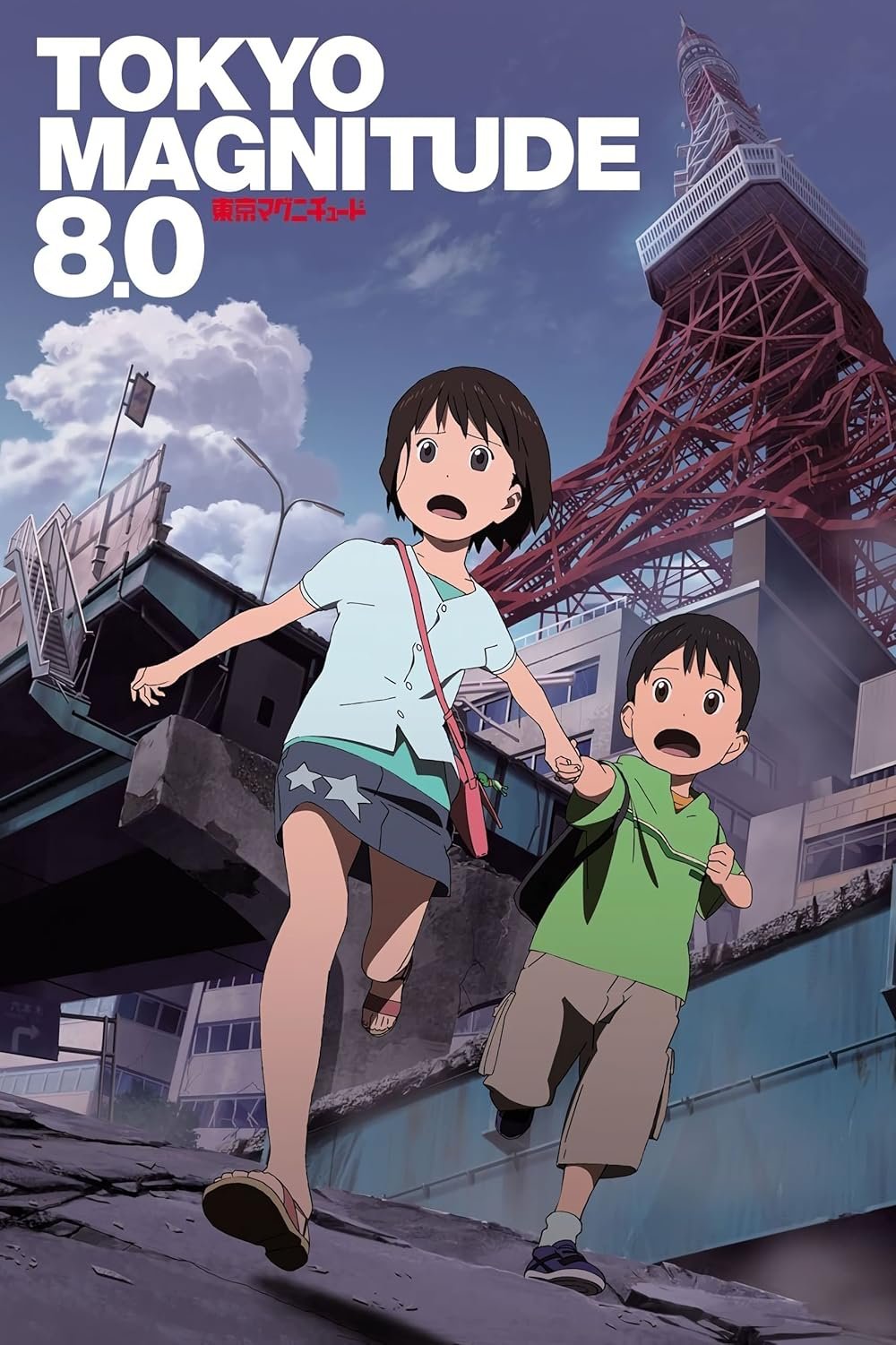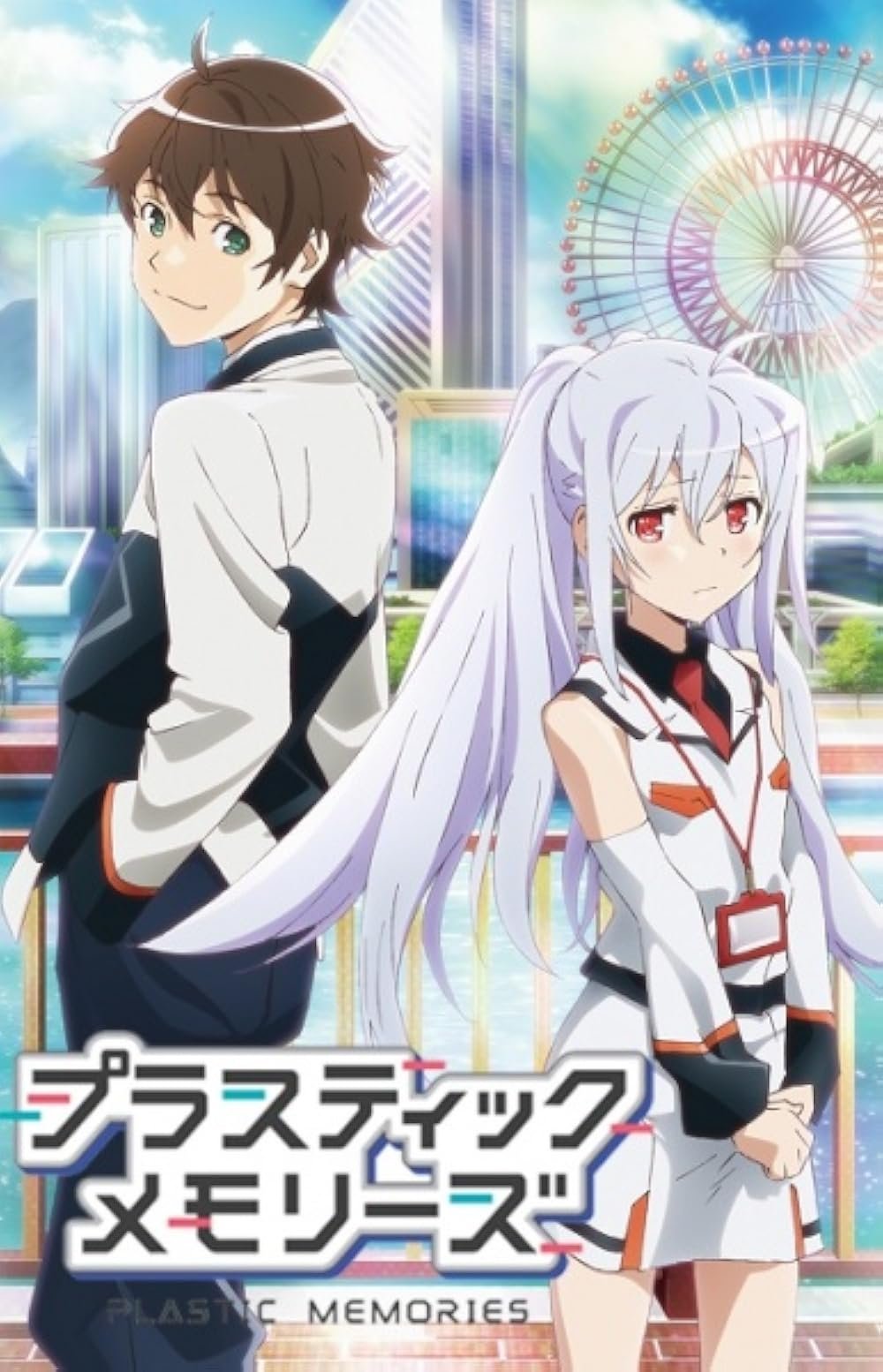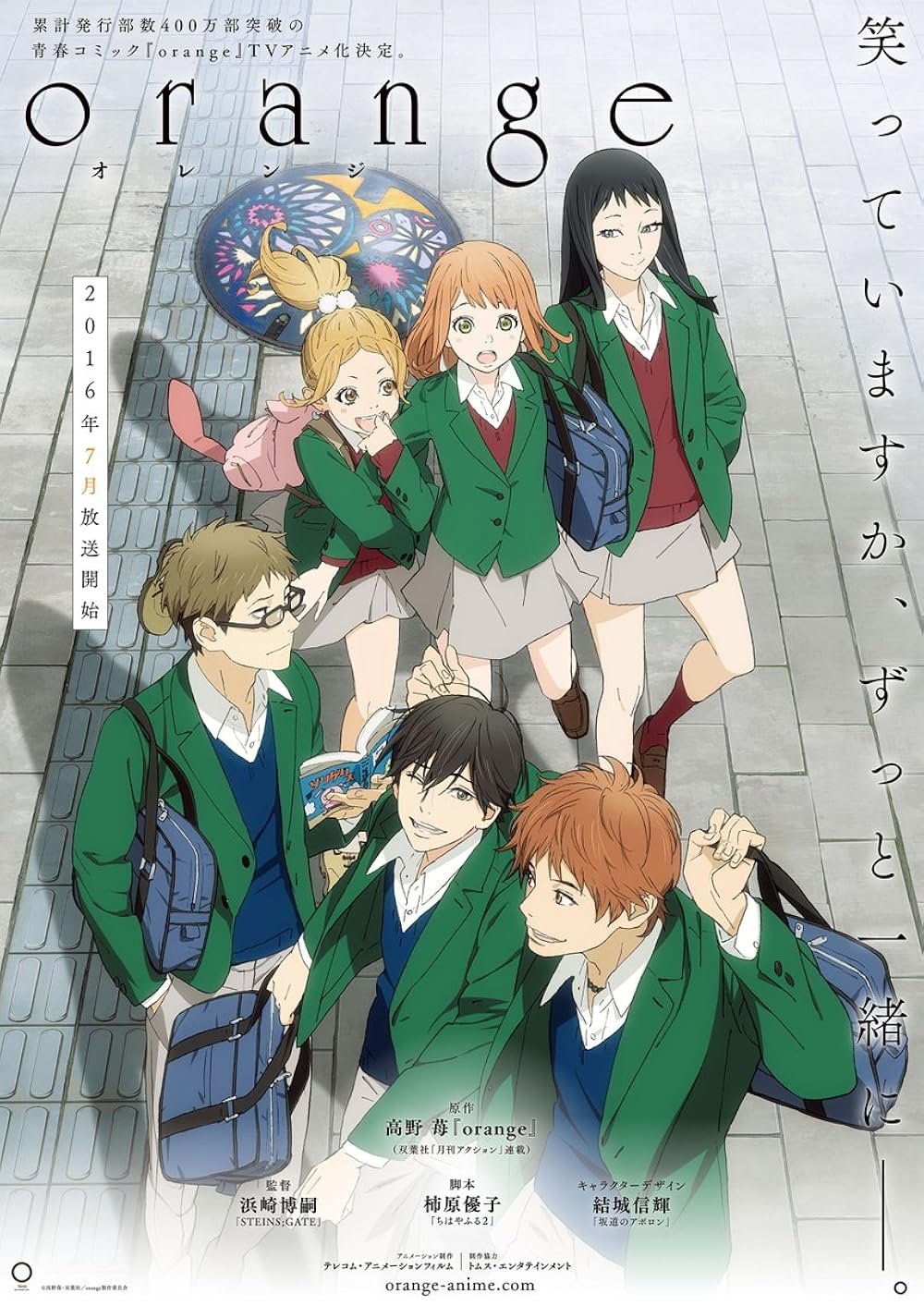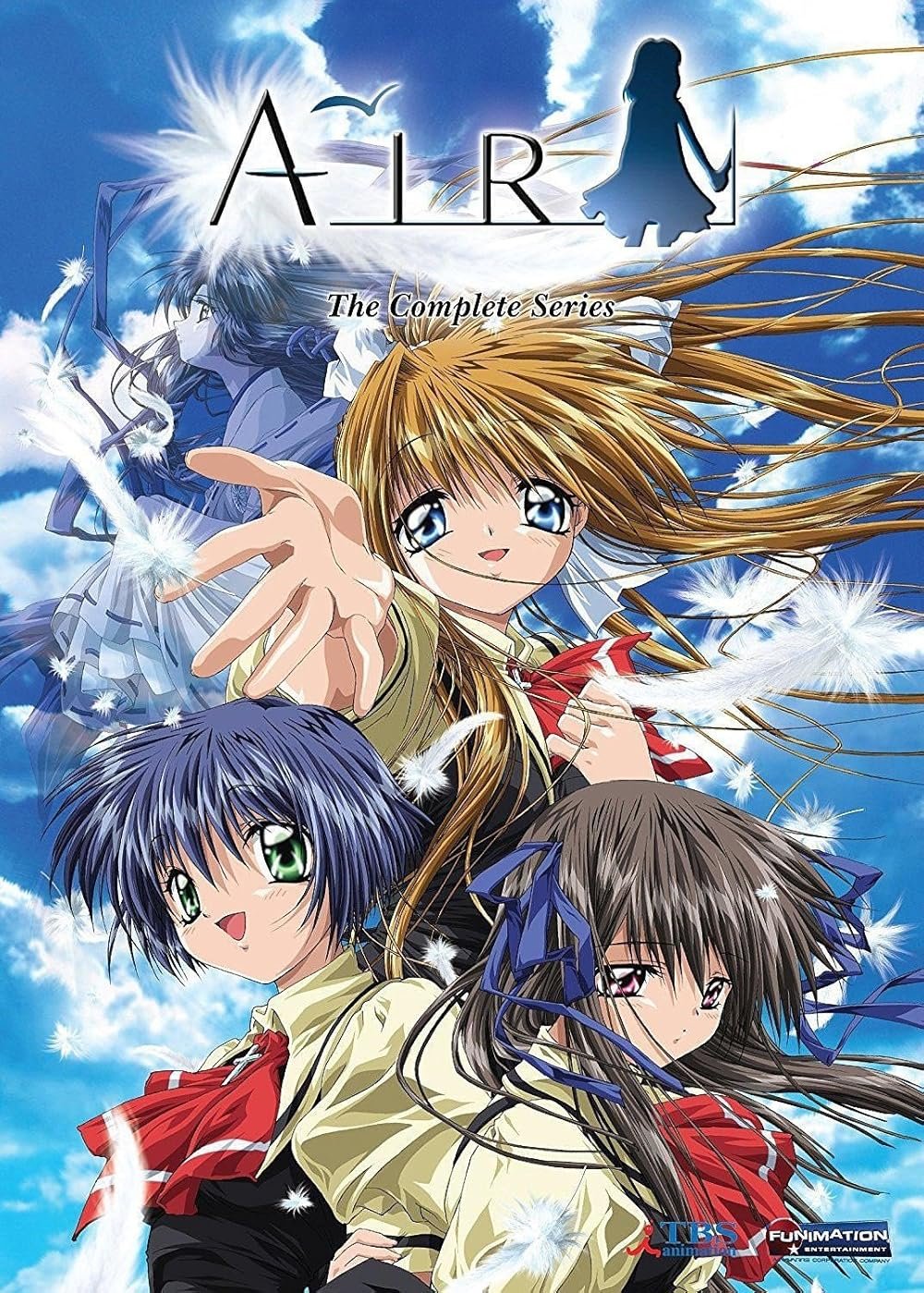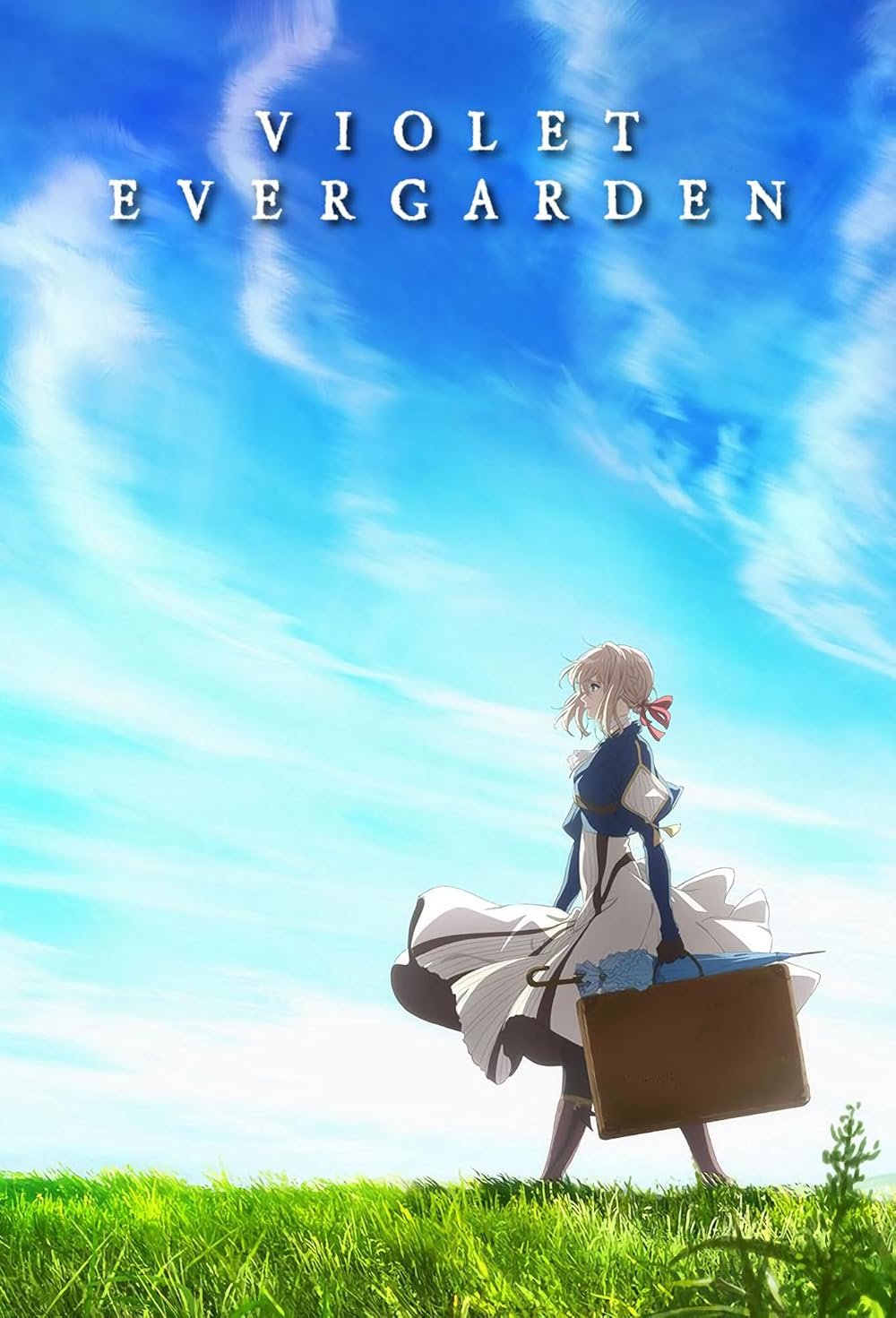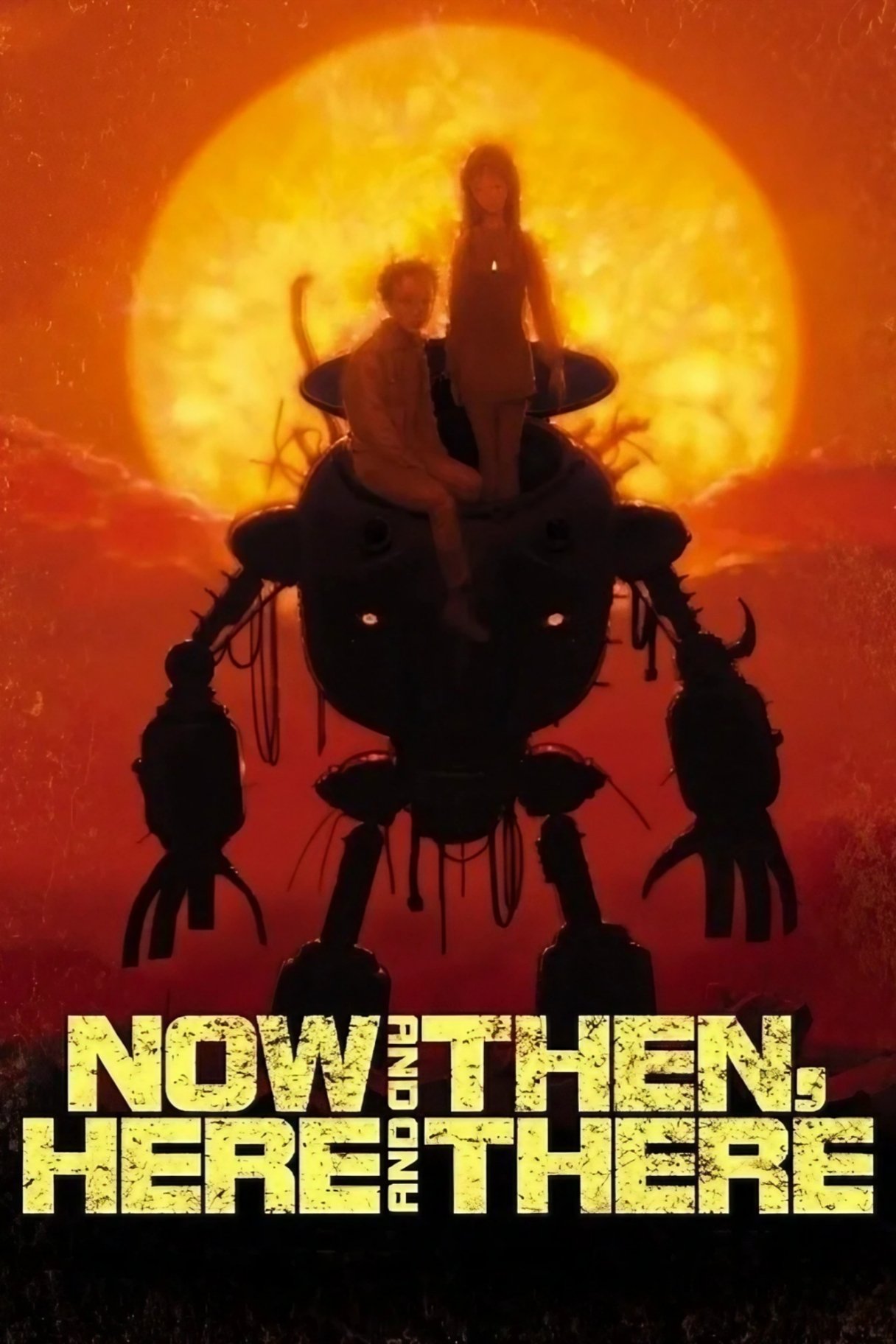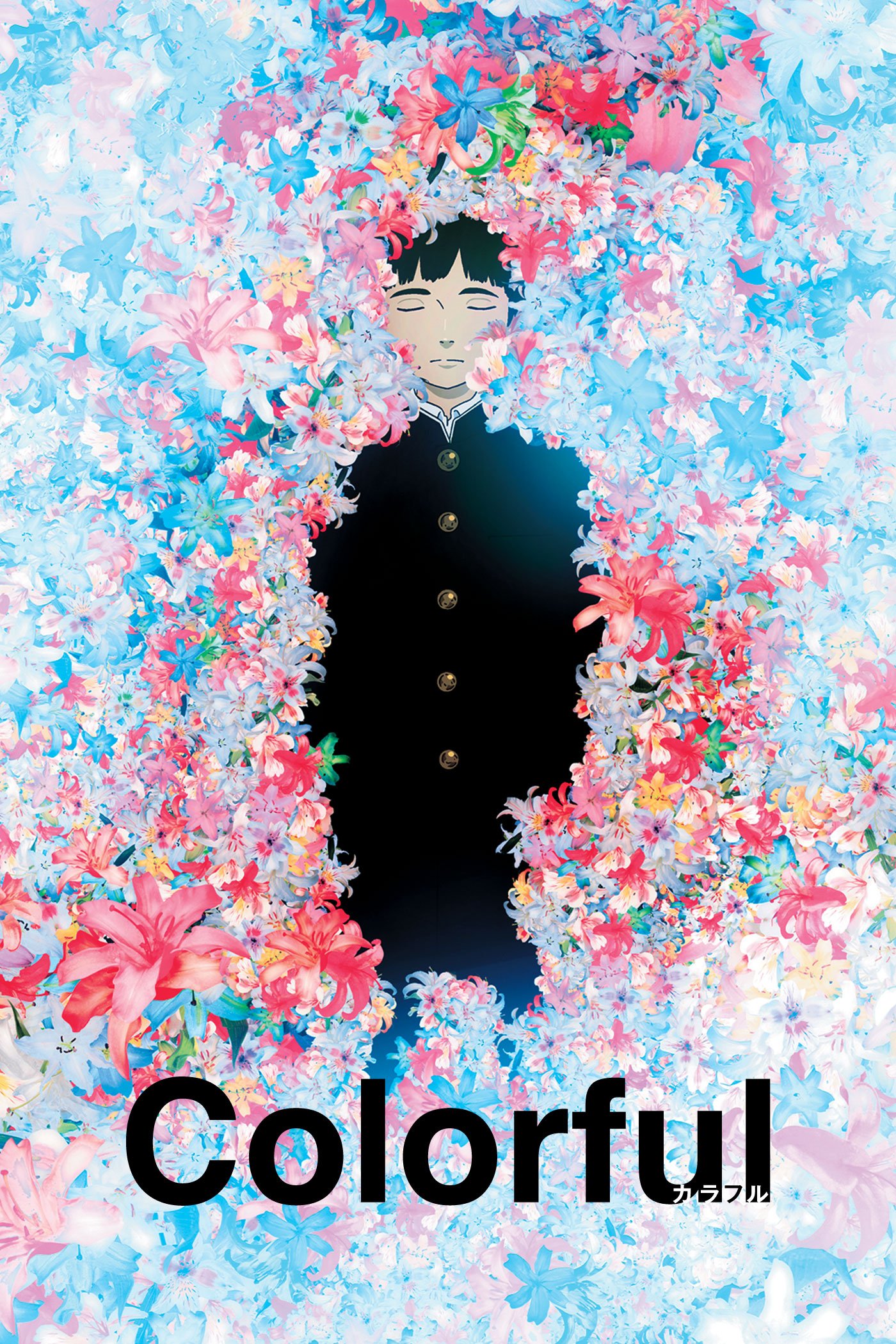The entries here focus on emotional impact, not just shock value. Each title earns its spot by how deeply it explores loss, love, or regret and how honestly it sits with the pain that follows.
From quiet slice of life stories to bleak war films, these works use music, memory and consequence to leave a mark. If you need content warnings, expect themes of death, illness, war, abuse and trauma across several picks.
25. Fruits Basket (2019)
This reboot tells Tohru Honda’s story with gentle patience. As she meets the cursed Sohma family, the show faces grief, abandonment and healing head on without easy fixes.
Across three seasons, each Sohma gets space to voice shame and fear. The series treats generational pain as something you can confront and soften, not instantly solve, which makes the small wins feel hard earned.
Its saddest moments land because the kindness is consistent, even when characters fail. That steady warmth lets the heavy scenes about loss and forgiveness hit even harder.
24. The Wind Rises
Jiro dreams of building beautiful planes while his country prepares for war. The film sits with the cost of that dream, showing how creation can carry unwanted consequences.
His relationship with Naoko brings quiet joy and fragility. Illness and duty pull at them until love feels like a brief season, not a promise of forever.
The final act is hushed, choosing regret and memory over tidy answers. You feel the weight of talent used in a time that turns beauty into weapons.
It is sad not because it scolds him, but because it asks what a dream is worth when the world bends it toward harm. That question lingers with a soft, bitter ache.
23. 5 Centimeters per Second
Distance grows between two kids who once shared everything. Trains, texts and seasons turn love into a string of near misses that feel painfully real.
The title’s image of falling cherry blossoms sets the tone for slow separation. Life moves and people change, but the heart lags behind, caught on an old picture.
Each chapter shows a different stage of drifting. There is no big fight, only time doing what time does, which can be the cruelest kind of ending.
The film’s muted palette and quiet sound design make the silence feel heavy. You can almost hear the words they never say and that silence becomes the sadness.
It hurts because it mirrors how many first loves fade with grace and loss at once. The film asks you to accept that both can be true.
22. Erased
Satoru’s time slips give him a chance to protect a classmate from harm. The show blends thriller beats with a sincere look at neglect and resilience.
Watching children navigate danger without adults they can trust is deeply unsettling. The warmth among friends makes the darker scenes sting with clarity.
When the truth comes out, justice is quiet and earned. The sadness lingers in the years that were lost and the childhood they can only reclaim in part.
21. Banana Fish
Ash and Eiji build trust in a world run on violence. Their bond is tender and steady, which makes every threat feel more personal.
The series confronts trauma without turning it into spectacle, showing how predators hold power through fear. Ash’s fight is about more than revenge; it is about agency.
Moments of peace are brief and precious. A single photo, a smile, a promise to meet again carry more weight than any speech.
The ending lands like a quiet collapse, where love cannot fix a broken system. It leaves you with gratitude for what they had and anger at what was taken.
20. Cowboy Bebop
Behind the cool style is a story about lonely people missing their moment. Each bounty becomes a mirror for the crew’s own regrets.
Spike’s past with Julia and Vicious shows how old choices calcify into fate. Faye’s lost time and Jet’s scars add layers of lives paused in place.
Episodes like Ballad of Fallen Angels and The Real Folk Blues carry operatic weight. Music turns memory into a punch to the chest, scene after scene.
See you, space cowboy.
The final image is short and devastating. Bebop earns it by letting the crew fail at connection until the bill comes due.
19. In This Corner of the World
Suzu’s daily life unfolds under the shadow of war. Small tasks, small joys and small losses stack into something quietly crushing.
When the worst arrives, the film refuses melodrama. It watches how grief nests inside routine and how people move because they must, not because they are okay.
The sadness comes from how ordinary everything is. War breaks the ordinary first and what remains is a life stitched with absence.
18. Wolf Children
Hana raises two kids after their father dies, carrying love and fear in equal measure. The film honors single parenthood without turning it into a lesson.
Rural life becomes a test of will, where crops fail and storms laugh at plans. The kids grow in opposite directions, which hurts and makes sense in equal parts.
Ame’s pull toward the wild and Yuki’s wish for school reflect different forms of belonging. Hana learns that love sometimes means letting go with grace.
The ending is both relief and ache. Family remains, but not in the shape Hana once imagined, which is its own truth.
17. The Girl Who Leapt Through Time
Makoto keeps rewinding small mistakes until the costs pile up in quiet ways. The film treats time travel like a mirror for responsibility.
Every fix creates a new crack, often in someone else’s day. That slow realization is the film’s sting, more than any single twist or reveal and it feels earned.
When the truth of her friend’s future comes out, the rush of youth gives way to resolve. She cannot save every moment, but she can choose the next, with care.
I’ll be waiting.
The final promise is simple and wrenching. It is sad because it pairs hope with the time they already lost.
Also Read
10 phrases that sound supportive but are actually a subtle sign of manipulation
16. Tokyo Magnitude 8.0
A massive quake splits a family across a broken city. The show focuses on the walk home, where every street holds a new risk.
Mirai, Yuuki and Mari keep moving with small acts of kindness. Those acts make the later reveal hit like a truck, because the hope felt so honest.
The series respects first responders and survivors without softening the aftermath. It is sad in a way that feels grounded and human.
15. Plastic Memories
Giftia androids have a fixed lifespan and retrievals mix duty with grief. The premise forces characters to love under a visible countdown, which changes every choice.
Also Read
10 Phrases That Sound Supportive But Are Actually a Subtle Sign of Manipulation
Tsukasa and Isla’s partnership is tender and awkward. They never pretend the end is far away and sharing coffee still feels worth the ache.
The retrieval cases are the show’s core. Each good-bye has its own texture, from weariness to relief and that variety keeps the sadness fresh.
When the clock runs out, it is not a twist. It is a promise kept and keeping it hurts in a way that feels honest and kind.
14. Orange
Naho receives letters from her future self begging her to help a friend who hides pain. The show treats depression as a storm that friends can face together.
Also Read
People With Low Emotional Intelligence Often Miss These 6 Social Cues
The group’s efforts are full of missteps and care. They plan small joys, show up at the right time and push back against silent assumptions.
Kakeru’s guilt is heavy and familiar. The series shows how one kind comment can miss its mark and how trying again still matters.
Orange argues for community without claiming it cures everything. It offers a path where support makes space for better days to arrive.
The sadness comes from how easily this story could have gone another way. That knowledge makes every shared smile feel fragile and earned.
Also Read
8 Weird Habits You Don’t Realize You Have From Growing Up In A “We Can’t Afford It” Household
13. Air
Summer days hide an old curse that punishes love. The show’s soft colors and quiet humor frame a story that turns toward loss.
Misuzu’s arc mixes innocence with a body that keeps failing. The final stretch is a slow fade that respects the small joys left in each day.
Air leaves you with a seaside town filled with echoes. The beauty makes the parting feel even more painful.
12. Violet Evergarden
Violet writes letters for others while learning what love means. Her past as a child soldier colors every attempt to say the right words.
Also Read
10 Phrases That Sound Supportive But Are Actually A Subtle Sign Of Manipulation
Standalone episodes about parents, children and farewells carry power. The series trusts quiet scenes, where a letter can do what a speech cannot.
Her search for Major Gilbert is less a romance than a lesson in agency. She learns to live with the past without letting it define her future.
The show’s elegance hides sharp edges. When tears come, they come because the writing has done its work without shouting for attention.
11. Now and Then, Here and There
Shu is pulled into a desert world ruled by a child tyrant who hoards water. The series refuses to blink at abuse and war.
Also Read
8 Cringey Phrases Older Relatives Use at Family Dinners That Younger Guests Dread
Every episode tests hope against a system built on fear. Even small mercies can carry a cost, which makes them feel real.
Lala-Ru’s power turns her into a target and a symbol. The show asks what innocence means when survival demands compromise.
It is hard to watch and harder to shake. The sadness stems from how closely it mirrors our world’s cruelties, not from fantasy monsters.
By the end, victory looks like a chance to heal, not a neat win. That small light matters because of the darkness it had to cross.
10. Colorful
A lost soul gets a second chance in a boy’s body after a suicide attempt. A guide named Purapura nudges him through a life full of hidden cracks.
care